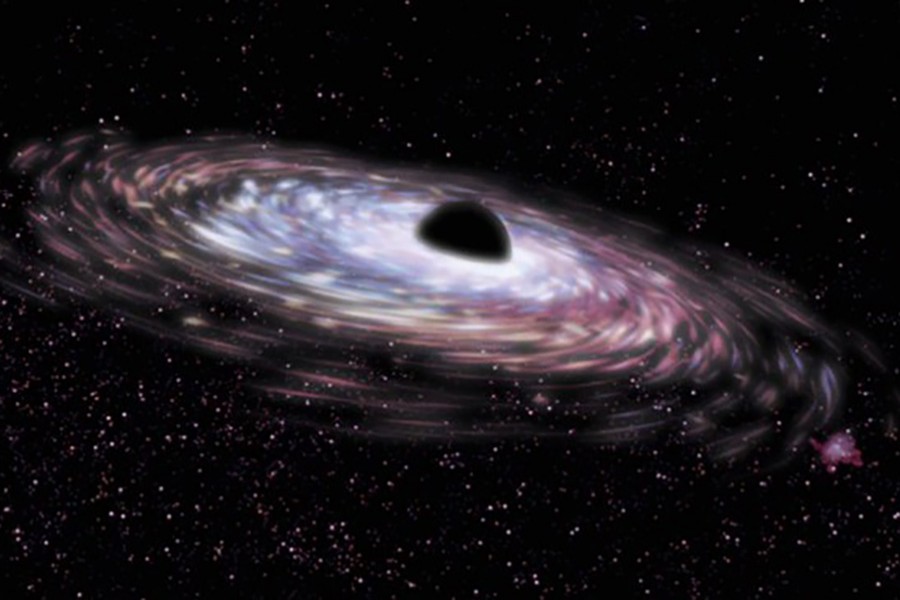A Swiss researcher has challenged the existence of dark matter and dark energy at all, which runs counter to a century of scientific consensus, Xinhua news agency reported on Saturday, citing a press release by University of Geneva (UNIGE).
For close on a century, researchers have hypothesised that the universe contains more matter than can be directly observed, known as "dark matter." They have also posited the existence of a "dark energy" that is more powerful than gravitational attraction discovered by Newton.
The two hypotheses have long been used to account for the movement of stars in galaxies and for the accelerating expansion of the universe respectively.
In his study recently published in The Astrophysical Journal, Andre Maeder, a professor at UNIGE Department of Astronomy, challenges that these concepts may be no longer valid -- the phenomena they are supposed to describe can be demonstrated without them.
Professor Maeder argues that by doing away with the ideas of dark matter and dark energy, or at least the need for them to exist, the concept could contribute to "potentially solving two of astronomy's greatest mysteries."
He goes back to basics to posit a "starting hypothesis that has not been taken into account." By this, he means the scale invariance of empty space. "In other words, the empty space and its properties do not change following a dilation or a contraction," he says.
After several rounds of cosmological testing of a model based on constant empty space, Professor Maeder found that it held true in the context of both Einsteinian relativist theories and Newton's laws of acceleration.
The model predicted the accelerated expansion of the universe without having to factor in any unseen particle or dark energy. Other tests based on the speeds reached by stars in the outer reaches of galactic clusters, and stars oscillating around the plane of the Milky Way, also pointed to explanations that relied not on dark matter but on the invariant empty space hypothesis.
Maeder's discovery paves the way for a new conception of astronomy, one that will raise questions and controversy alike, according to UNIGE, but it "remains true to the spirit of science: nothing can ever be taken for granted, not in terms of experience, observation or the reasoning of human beings," he says.


